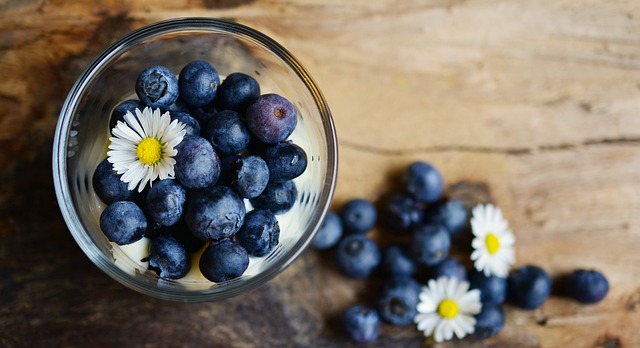Gut Health 101: The Science Behind Probiotics and Digestive Wellness
Probiotics are increasingly gaining popularity in the health and wellness industry. You might have seen them on store shelves, or perhaps you’ve even been recommended to incorporate them into your daily routine. But what exactly are probiotics, and what do they do for our gut health?
The Basics: What Are Probiotics?
Probiotics refer to live microorganisms that, when consumed in adequate amounts, provide a health benefit to the host, which is us – humans. Most commonly, probiotics are bacteria, but certain types of yeast can also have probiotic properties. These microorganisms are naturally present in our bodies, especially in the gut, where they play a crucial role in maintaining our overall health.
The Role of Probiotics in Digestive Wellness
Our digestive system is home to trillions of microorganisms, collectively known as the gut microbiota. The gut microbiota consists of both beneficial and harmful bacteria. When the balance between these microorganisms is disrupted, it can lead to various digestive issues and compromise our overall well-being.
Probiotics help restore and maintain a healthy balance of gut microbiota. They do this by:
- Inhibiting the growth of harmful bacteria: Probiotics produce substances that prevent harmful bacteria from flourishing in the gut. By outcompeting these harmful bacteria, probiotics can reduce the risk of infections and other digestive problems.
- Supporting digestion: Certain probiotics produce enzymes that aid in the digestion and absorption of nutrients. They break down complex carbohydrates and promote the proper breakdown of fats and proteins.
- Strengthening the intestinal barrier: Probiotics can enhance the integrity of the intestinal lining, acting as a protective barrier. This helps prevent harmful substances from entering the bloodstream and reduces intestinal permeability, commonly known as “leaky gut.”
- Modulating the immune system: Approximately 70% of our immune system resides in the gut. Probiotics support a balanced immune response, reducing the risk of immune-related digestive disorders and allergies.
Types of Probiotics
There are various types of probiotics, each with its own set of benefits. The most commonly studied and used probiotic strains include:
- Lactobacillus acidophilus: Known for its ability to produce lactic acid, this probiotic strain helps maintain a healthy acidic environment in the gut, inhibiting the growth of harmful bacteria.
- Bifidobacterium bifidum: Found in the large intestines, this probiotic strain aids in breaking down complex carbohydrates and supports bowel regularity.
- Saccharomyces boulardii: Unlike bacterial probiotics, this is a beneficial yeast that helps restore natural gut flora and is particularly effective in preventing diarrhea associated with antibiotic use.
- Streptococcus thermophilus: This probiotic strain produces enzymes that assist in the digestion of lactose, making it beneficial for individuals with lactose intolerance.
Sources of Probiotics
Probiotics can be found in various foods and dietary supplements. Some of the best natural sources of probiotics include:
- Fermented foods: Yogurt, kefir, sauerkraut, kimchi, tempeh, and miso are all rich in probiotics. When choosing these foods, opt for the unpasteurized varieties, as pasteurization can kill the live bacteria.
- Supplements: Probiotic supplements are available in the form of capsules, tablets, powders, and liquids. They offer a convenient way to ensure an adequate intake of probiotics.
Introducing Probiotics into Your Routine
Before incorporating probiotics into your daily routine, it’s essential to consult with a healthcare professional. They can guide you







